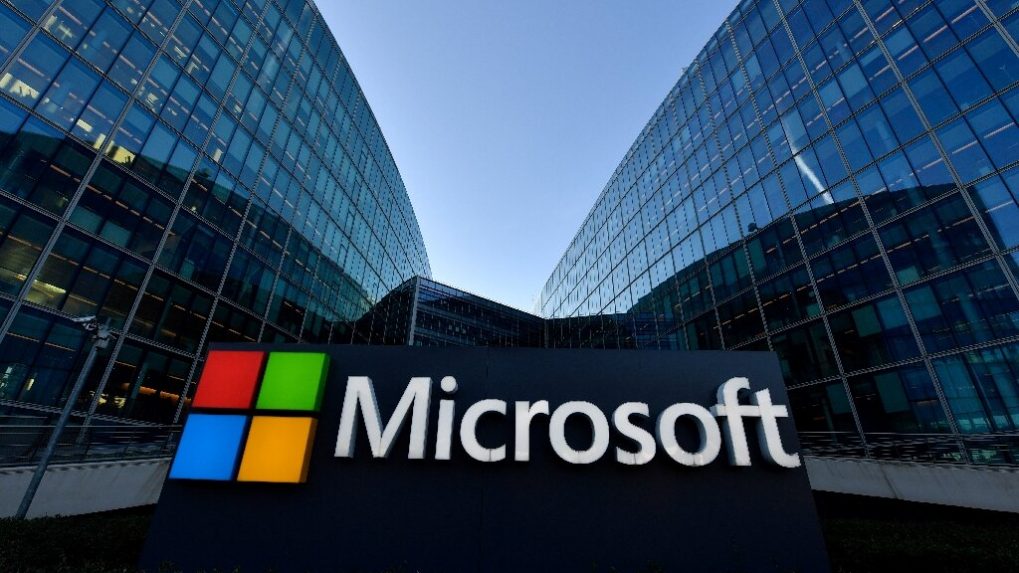CCI dismisses antitrust complaint against Microsoft over Windows Defender
The case, filed by an anonymous informant, claimed that Microsoft’s practice of pre-installing and pre-activating Microsoft Defender on all Windows OS devices since the launch of Windows 10 in 2015 created significant barriers for third-party antivirus software developers.
ADVERTISEMENT
The Competition Commission of India (CCI) on Monday dismissed an antitrust complaint alleging that Microsoft Corporation abused its dominant market position by bundling its antivirus software, Microsoft Defender, with its Windows operating system (OS), Bar and Bench reported.
The case, filed by an anonymous informant, claimed that Microsoft’s practice of pre-installing and pre-activating Microsoft Defender on all Windows OS devices since the launch of Windows 10 in 2015 created significant barriers for third-party antivirus software developers. The complaint argued that this practice forced developers to join Microsoft’s Virus Initiative (MVI) program to remain competitive.
As per the report, the informant highlighted three key issues: Third-party developers were required to sign a one-sided agreement to access Microsoft’s Antimalware Application Programming Interface (API), which was essential for compatibility with Windows OS. Developers could only enter the Windows ecosystem through limited avenues, such as the Microsoft Store, sideloading, or Original Equipment Manufacturer (OEM) agreements, with the MVI program posing a major obstacle. Additionally, third-party antivirus software could not function optimally unless set as the default app, as real-time protection and automatic updates were restricted to the default antivirus solution.
In response, Microsoft contended that Defender is an integral part of the Windows OS and is provided at no additional cost to users. The company emphasized that users are free to install third-party antivirus software, and once a third-party solution is set as the default, Defender automatically disables itself. Microsoft also clarified that participation in the MVI program is optional and does not restrict developers from distributing their software through the Microsoft Store or direct downloads.
After reviewing the allegations, the CCI dismissed the complaint, citing a lack of evidence of anti-competitive behavior. The commission examined multiple concerns, including unfair conditions, impediments to technical development, tying, leveraging dominance, and restricted market access. It ruled that Microsoft did not compel users to use Defender, as they were free to install alternative antivirus solutions. “Users are free to install any third-party antivirus software of their choice… In the absence of an element of compulsion or imposition, prima facie there appears to be no violation,” the order stated.
The CCI also found no proof that Microsoft’s practices restricted technological progress in the cybersecurity industry. While acknowledging Microsoft’s dominance in the OS market, the commission noted that leading cybersecurity firms such as Symantec, Bitdefender, Norton, McAfee, and AVG continue to operate successfully, indicating a competitive environment. Furthermore, the commission found no evidence that Microsoft used its OS dominance to unfairly promote its antivirus software.
Reportedly, the CCI determined that no prima facie case of anti-competitive conduct existed, emphasizing that for such allegations to hold, demonstrable compulsion or restrictions must be present. The commission’s ruling underscores the ability of users to choose alternatives and the continued competition in the antivirus software market, leading to the dismissal of the plea.


